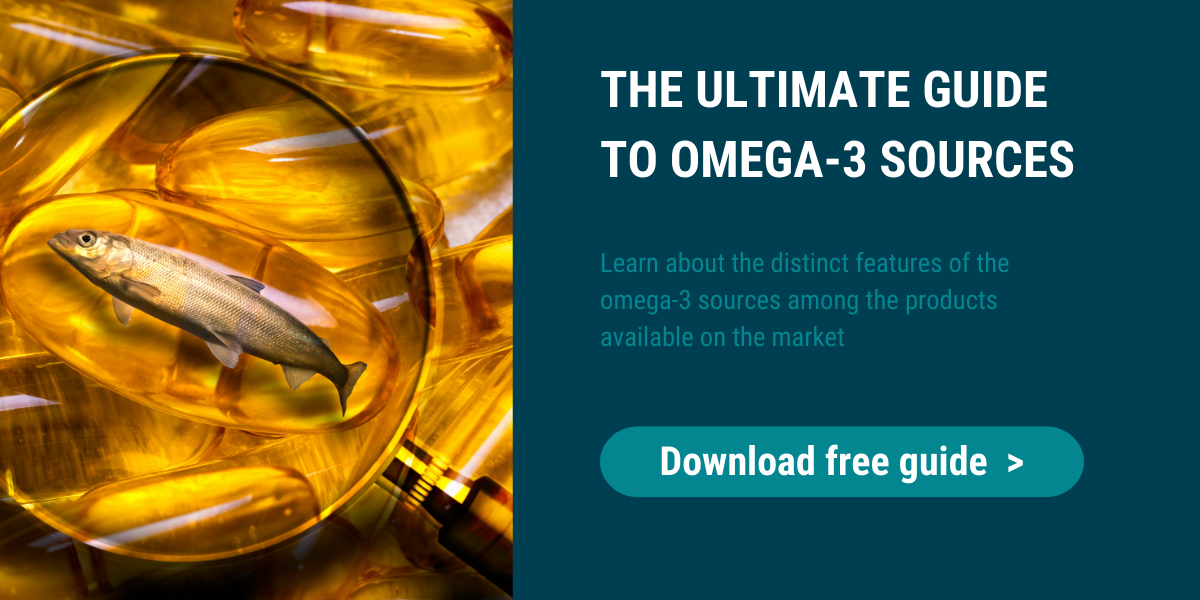An omega-3 certification is a quality assurance for both producers and consumers of omega-3. As the modern supply-chains are increasing in complexity, the risk of fraud gets higher. Fraud within the omega-3 industry affects the consumer´s health, undermines the great work of honest and responsible companies and awards producers of low-quality products.
An omega-3 certification is designed to validate the raw materials in the supply chain and enhance the focus on evidence-based transparency. By passing this quality check, premium producers and brands get the opportunity to distinguish themselves in the marketplace by branding their products with a quality seal. At the same time, it becomes easy for the consumer to choose omega-3 products of high quality, take care of their health and avoid supporting fraud.
What is the main purpose of an omega-3 certification?
- To make sure the quality of your supply-chain is at the highest level
- To communicate and convince modern consumers of the quality you are delivering in your product
- The opportunity to promote the evidence-based origin of your products with a unique certification logo
- As a brand, the most valuable asset you have is your reputation, make sure you strengthen it with a legit certification, instead of tearing it down with false label claims
What results can you expect?
- Stronger value proposition
- Sustainable sources – positive effects on the environment includes elimination of the chance that fish oil from illegal, unregulated or unregulated (IUU) fisheries are being used. In addition, supply chains of single-source fisheries tend to be less complex and therefore have a better carbon footprint.
- A consumer market study performed by Pure Branding, showed that 73% of the respondents would be more likely to pay more for a product they believe to be more transparent
- Transparency is a key factor for achieving increased sales and improved profit margins
Who can get an omega-3 certification?
- Companies that are honest about the origin of their omega-3 products
- Companies that value true transparency and want to provide evidence for their label claims to their customers
- Companies that want to reassure their customers (both consumers or other companies) that their omega-3 products are authentic and sustainable
Remember this when you are considering getting certified
- To make sure the provider of the omega-3 certification is a serious provider, make sure the certification services are founded on evidence, such as laboratory test results
- If the certification process is simply to submit your products´s ingredient list or product label, you will not be able to communicate evidence-based transparency


